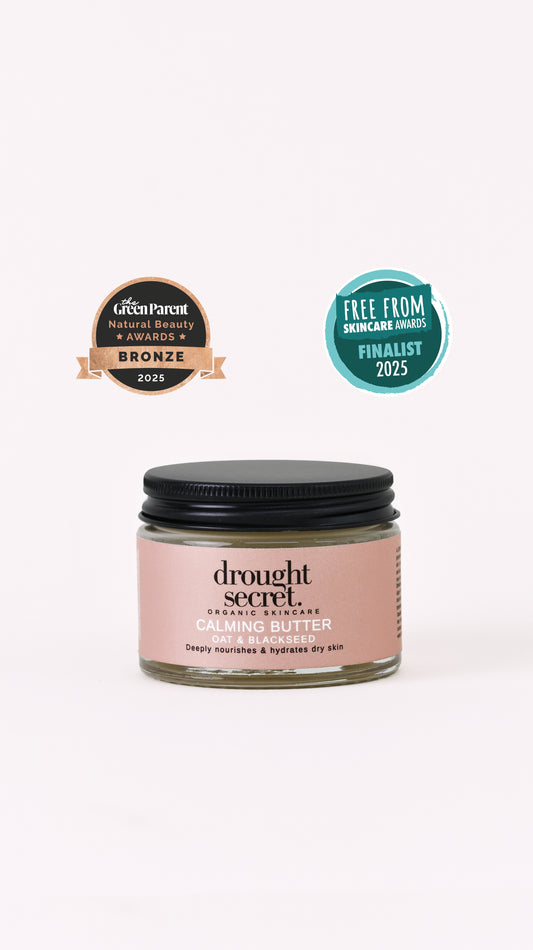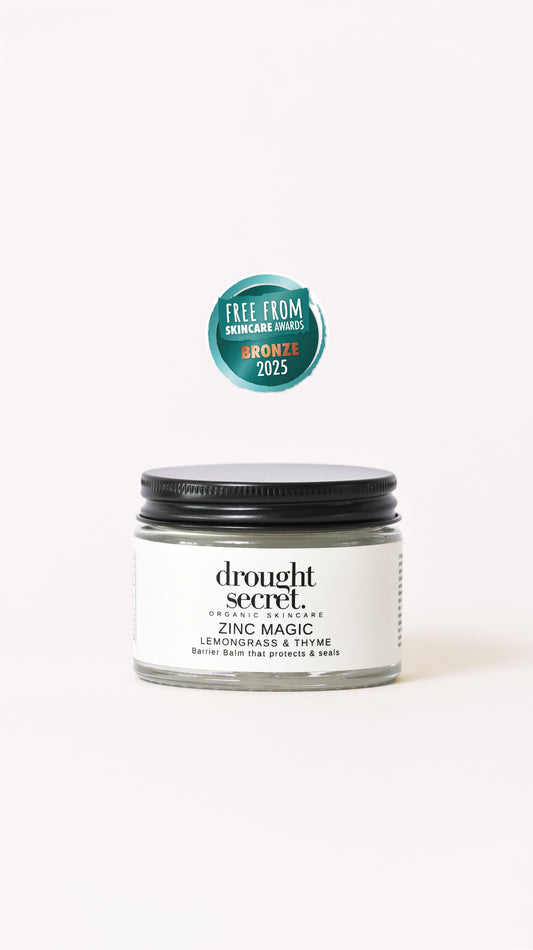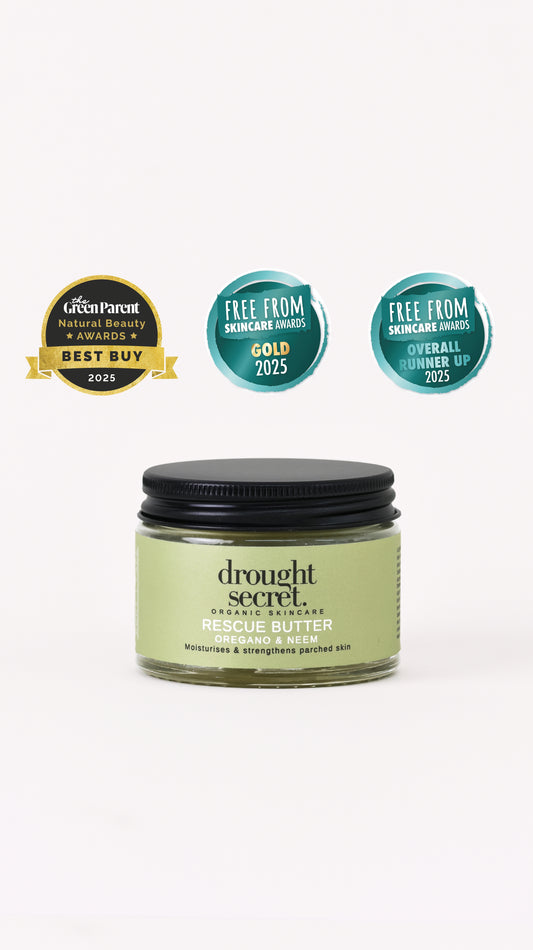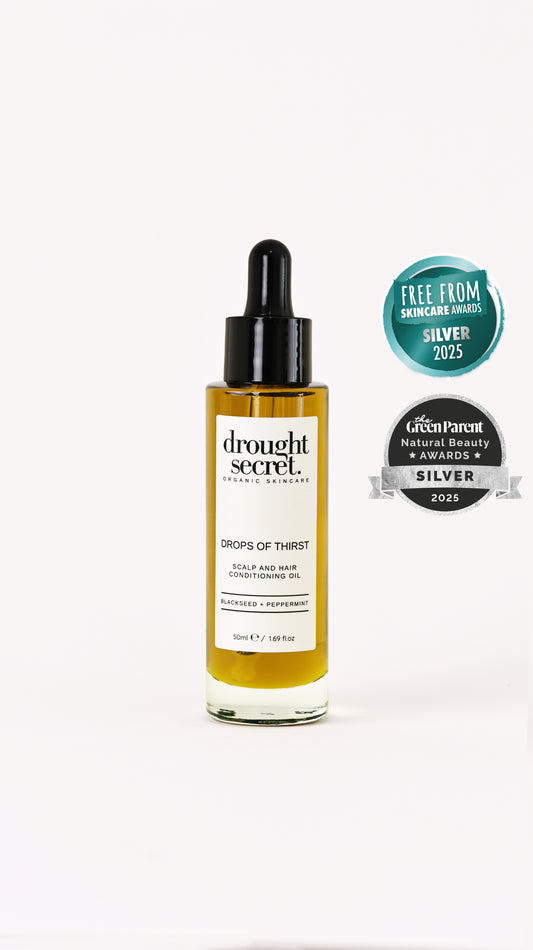There’s no denying the fact that winter has its charm with cozy blankets, hot chocolate, and festive cheer. However, for those with eczema, winter also brings something less welcome: relentless dry skin and painful flare-ups. The cold, dry air outside and the indoor heating inside create a moisture-sapping combo that can make your skin feel itchy, tight ,and inflamed. Eczema tends to worsen in winter, which is why selecting the right dry skin cream and understanding how to manage the condition is imperative for comfort as well as confidence.
So, how do you protect your skin with the right eczema skincare when the season itself seems to be against you? Let’s walk you through practical, dermatologist-approved tips that can help keep winter flare-ups at bay.
Why Does Eczema Worsen in Winter?
Before we dive into the solutions or talk more about eczema skin care, let’s try to comprehend why eczema acts up in colder months. The problem during dry weather is that the skin barrier in people with eczema is already more sensitive and prone to water loss, and the chilly wind, low humidity, and indoor heating make your skin’s natural oils vanish even faster. This leads to:
- Extreme dryness that triggers itching
- Cracks and fissures in the skin barrier, which let the allergens or irritants in.
- Increased inflammation as your body tries to repair itself.
Now that we know about the “why,” let’s talk more about ways to tackle the “how.”
How Can You Build a Winter-Friendly Skincare Routine?
The best eczema flare-up treatment during winter is working on moisture retention and barrier repair. Here’s how you can tweak your routine:
- Switch to a gentle, fragrance-free cleanser: Most people might not understand this, but harsh soaps strip away natural oils. This is why you need to opt for cream-based or oil-based cleansers that cleanse without drying out your skin.
- Moisturize immediately after bathing: After you are done with your shower, don’t wait! Pat your skin dry gently with a towel and apply a thick, fragrance-free eczema moisturizer within 2-3 minutes of stepping out of the shower to lock in hydration.
- Use thicker creams or ointments: Lightweight lotions might cut in summer, but in winter, your skin craves heavy-duty hydration, which is why you need to look for a natural and nutrient-dense calming butter balm.
- Layer your products wisely: For extremely dry patches, apply a healing ointment or anti-itch cream over your moisturizer to “seal” in the hydration and soothe your skin.
Everyday Habits that Can Prevent Flare-Ups
Your eczema skincare products matter, but lifestyle adjustments can make just as big a difference when they act as natural eczema remedies:
- Keep showers short and lukewarm: Yes, applying an eczema lotion or eczema soothing cream can keep your skin hydrated and itch-free, and hot water might feel heavenly on your sore skin, but it strips your skin’s oils. This is why try sticking to a 10-15 minute shower in lukewarm water for best results.
- Invest in a humidifier: Along with getting an eczema cream, also get a humidifier to restore balance and keep your skin from drying out overnight because indoor heating sucks the moisture from the air.
- Choose breathable fabrics: Wool might be warm, but it can also be irritating, so wear soft cotton layers closest to your skin.
- Stay hydrated inside and out: Drinking enough water supports your skin from within, while moisturizing regularly keeps the outside supple, so complete your water intake along with applying an eczema ointment.
When Should You See a Dermatologist?
Sometimes, even the most diligent home routine isn’t enough. If you notice severe redness, spreading patches, or infections from scratching, it’s time to get professional help. Dermatologists may prescribe:
- Topical corticosteroids or calcineurin inhibitors for inflammation.
- Antihistamines to help with itching.
- Phototherapy in resistant cases.
Early intervention can prevent a small flare-up from spiraling into a more painful problem.
Conclusion
Managing eczema isn’t just about creams and cleansers; it’s about feeling at ease in your skin. Simple steps like carrying a mini moisturizer in your bag, wearing gloves outdoors, and using cotton gloves under wool mittens can help you feel more in control. Remember, eczema doesn’t define you; it’s just a condition that you can learn to manage with the right care.
Looking for the best eczema cream or sensitive skin cream? Find it only at the Drought Secret today!




